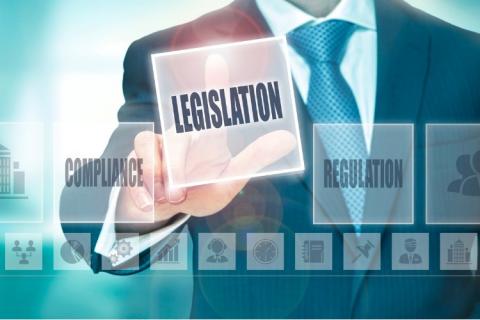To phish or not to phish?
We are all no doubt aware of phishing. That age-old practice of sending fraudulent emails with the hope of gaining financial details, obtaining account credentials or tricking a user into installing malicious software. The practice is not new. In fact, before the wide-spread use of the internet, people would often receive letters claiming that they had won some sort of competition and to claim their prize, all they had to do was send some cash to front the delivery costs.









